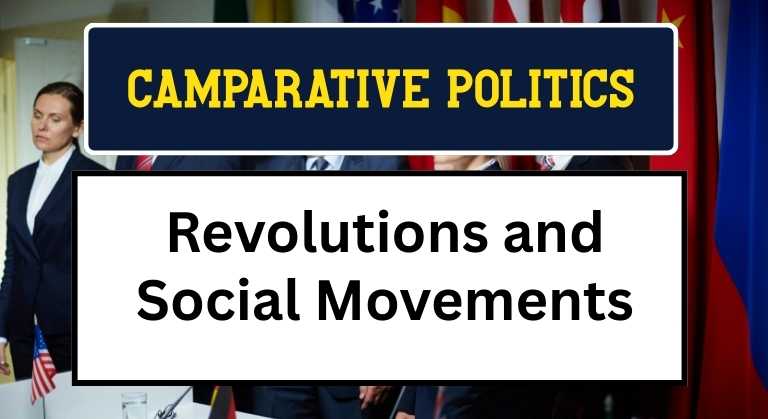what is Demand and command Polity? | Rudolph & Rudolph
Introduction
We use the conflicting model between politics and the economy in independent India to explain the relationship between them (Command Polity) and (Demand Polity). These models give us the conflicting requirements of state sovereignty and popular sovereignty. allow us to raise questions about the tension between
that determines the extent of autonomy on the one hand and the accountability of the state on the other. We use this tension in the future . to highlight the relationship between “governability” and “mobilization”, between saving and consumption, and to invest in the profits and expenses incurred in
Demand and command Polity
Demand and command polity which shows the relationship between the country’s economy and politics:-
In demand polity, voters are sovereign citizens. Elections reflect citizens’ preference for extraction and allocation through party competition and representation by interests, classes, communities, and movements.
Command Polity In this the autonomous states are sovereign and in this, the decisions regarding extraction and allocation are taken by elected and appointed officials who reflect the priorities of these officials and they select and implement the policies.
Demand polity is more oriented toward short-term goals and is in favor of setting policies and using private goods and services in the public interest and it is also more oriented towards incremental policy. Counter-command polity is more oriented towards the long-term goals set by the state and it is more oriented towards the implementation of public interest and the principles of the collective good.
Rationality in command polity is derived from comprehensive and detailed calculations. Social objectives are related to available objectives. Responsibility for formulating and achieving the goals, strategies and policies of command polity rests on the state.
Demand and Command Politics
This model of demand and command politics of economic and political correlates includes both economic and political features.
Demand polity is politically focused on voter sovereignty and the social direction of the state as its main feature while command polity is centered on state sovereignty and state hegemony (domination, control) over politics. This is its main feature.
The demand model’s economic features include short-term market or state consumption and welfare spending, while the command model includes long-term investment spending on “public jobs” and future people.
The political characteristics of demand and command politics raise questions other than those raised by their economic characteristics. Demand politics threaten governance while mobilization dominates established channels.
It threatens regulated conflict and representational infrastructures, as well as it undermines state-made laws but still legitimizes the state’s methods and support to address perceived needs and injustices of mobilization. Can contribute to governance to make.
Read Also:- Types of Politics and Economics Performance
After studying demand politics, it is known that the poor are unable to represent themselves. Such readings have led some Indian political leaders and intellectuals to hold the view that an authoritarian version of command polity was preferable to demand polity as it would position the state as an enabler, protector and protector of the poor. May be able to act as.
Apart from this, it is also true that demand polity provides an opportunity for many poor and vulnerable persons to represent and assert themselves so that they can protect their rights and interests and protest for their rights and interests. as well as limit the vested interest in the benefit of “proper policies”.
Mobilization of the poor through demand politics depends on their being organized and involved in political processes that involve policy choice and implementation. The organizational infrastructure of an institutional party links the poor with others through the political and policy process. In public opinion politics, leaders gain support and benefits by appealing directly to voters.



